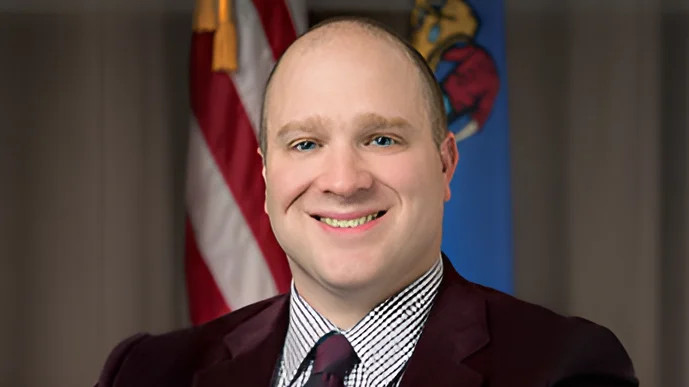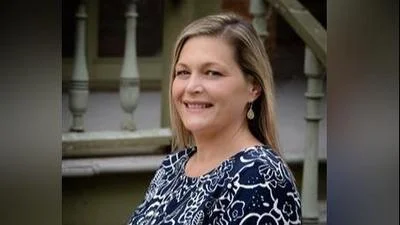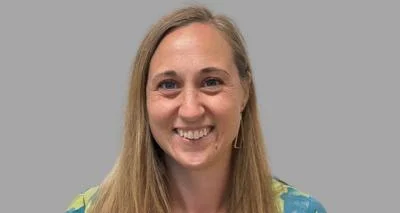Shae Alan Sortwell, Wisconsin State Representative for 2nd District | Official Website
Shae Alan Sortwell, Wisconsin State Representative for 2nd District | Official Website
According to the Wisconsin State Legislature's official website, the bill was described as follows: "a nuclear power siting study and time limits for taking final action on certain certificate of public convenience and necessity applications. (FE)".
The following is our breakdown, based on the actual bill text, and may include interpretation to clarify its provisions.
In essence, this bill mandates the Public Service Commission (PSC) to undertake a nuclear power siting study and report its findings to the legislature within 12 months of the bill’s enactment. The study aims to identify potential sites for nuclear power generation, including existing and new locations, as well as opportunities for advanced nuclear technologies like small modular reactors and fusion energy. Additionally, the bill requires the PSC to render a decision on applications for a certificate of public convenience and necessity (CPCN) for large electric generating facilities featuring advanced nuclear reactors within 150 days of application completion, with a possible 150-day extension for good cause by the PSC chairperson. If the PSC fails to act within these periods, the application is deemed approved. The bill becomes effective the day after publication or two days after the publication of the 2025 biennial budget act, whichever is later.
The bill was co-authored by Senator Julian Bradley (Republican-28th District), Representative Calvin T. Callahan (Republican-35th District), Representative Barbara Dittrich (Republican-99th District), Representative Chanz J. Green (Republican-74th District), and Representative Nate L. Gustafson (Republican-55th District). It was co-sponsored by Senator Dan Feyen (Republican-20th District), Senator Van H. Wanggaard (Republican-21st District), and Senator Rob Hutton (Republican-5th District), along with 13 other co-sponsors.
Shae A. Sortwell has co-authored or authored another 24 bills since the beginning of the 2025 session, with none of them being enacted.
Sortwell graduated from the University of Wisconsin-Green Bay in 2006 with a BA.
Sortwell, a Republican, was elected to the Wisconsin State Assembly in 2019 to represent the state's 2nd Assembly district, replacing previous state representative André Jacque.
In Wisconsin, the legislative process starts when a senator, constituent, group, or agency proposes an idea for a bill. After drafting, the bill is introduced, numbered, and referred to a committee for review and public input. If approved, it moves through three readings and votes in both the Senate and Assembly. Once both chambers pass the same version, the bill goes to the governor, who can sign it, veto it, or let it become law without a signature. Only a small share of bills introduced each session ultimately become law. You can learn more about the Wisconsin legislative process here.
| Bill Number | Date Introduced | Short Description |
|---|---|---|
| AB108 | 03/11/2025 | A nuclear power siting study and time limits for taking final action on certain certificate of public convenience and necessity applications. (FE) |
| AB88 | 02/28/2025 | Civil action for injury or damages resulting from riot or vandalism, participation in a riot, prohibiting certain limitations or restrictions on law enforcement responses to riot or vandalism activity, and providing a penalty |
| AB87 | 02/28/2025 | Restitution orders following a conviction for human trafficking and restoration of the right to vote to a person barred from voting as a result of a felony conviction. (FE) |
| AB86 | 02/28/2025 | Imposing the penalty of life imprisonment for the crime of child trafficking and providing a penalty. (FE) |
| AB42 | 02/17/2025 | Local regulation of fowl |
| AB41 | 02/17/2025 | Local regulation of vegetable gardens |
| AB26 | 02/17/2025 | Battery or threat to jurors and providing a penalty |
| AB17 | 02/06/2025 | Creating an employee ownership conversion costs tax credit, a deduction for capital gains from the transfer of a business to employee ownership, and an employee ownership education and outreach program. (FE) |






 Alerts Sign-up
Alerts Sign-up